The World Wide Web Foundation has partnered with the Women’s Rights Online (WRO) Network to publish the ICT Policy Playbook. The term Information and Communication Technology (ICT) Policy is used to encompass a wide rang of actions and interventions taken up by government and other stakeholders, such as the private sector, that
impact the access and use of ICTs. It provides fundamental principles and approaches in advocating for and integrating gender into the policy development process, as well as actionable steps towards gender-responsive policy-making.
Today, the internet mirrors the good and the bad in our societies. Unfortunately this means that it also mirrors and magnifies existing social cultural and economic inequalities, including gender inequality.
The internet has provided opportunities for women and gender-diverse groups to disrupt discriminatory social norms, access information, freely express their views and opinions, access jobs and other economic opportunities, develop relevant content for themselves, and participate in public engagement and debates. At the same time, so many women and gender-diverse people have been left behind, especially in middle-and low-income countries.
It is designed for policymakers, authorities, civil society organizations, activists, and researchers who are engaged and interested in working to close the gender digital divide, as well as anyone interested in integrating gender into their policy advocacy and development processes.
Learn more about the World Wide Web Foundation fight for digital equality (Video below)
Ian Mangenga is the founder and CEO of Digital Girl Africa, a women-focused digital hub that uses critical digital skills training to bridge the gap between women in Africa and technology.
Read more about Ian Mangenga who says to the Web Foundation: “My work is both technical and social. On the technical end of things it involves coming up with programs that can help drive our mission of having an inclusive digital economy. On the social side of things, my day-to-day work involves looking at online trends and trying to incorporate these in the work we do so that we can be more relatable to our community.”

